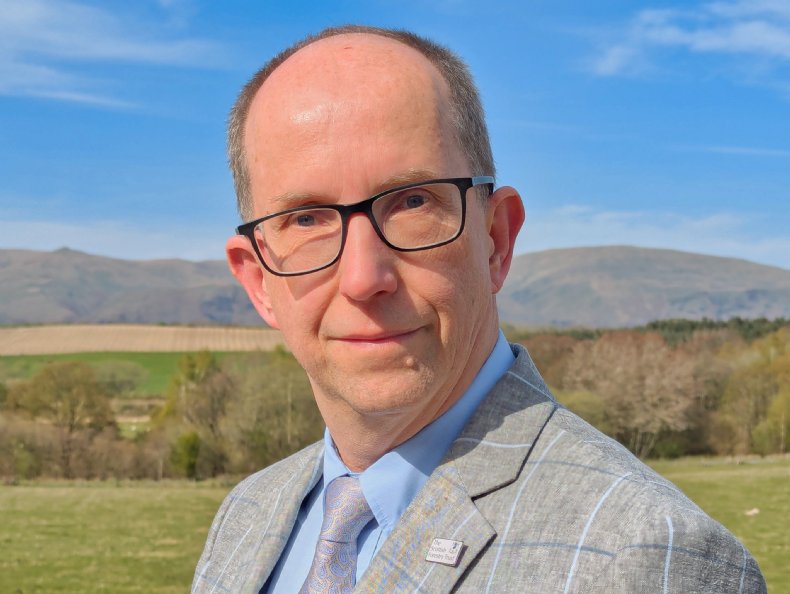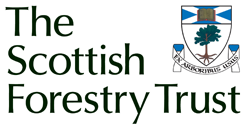April 2025. Adam Kleczkowski

What is the 'day job?'
Since 2018, I have been a Global Talent Professor in Mathematics and Statistics at the University of Strathclyde in Glasgow. Prior to that, I worked at the Universities of Stirling (2007-2018) and Cambridge (1992-2007), having done my PhD at the Jagiellonian University in Poland.
What do you do outside of the Trust?
My duties at the University of Strathclyde are split into research, teaching and administration. I work on applying mathematical and statistical models to understand how pests and diseases spread in plants and trees. My recent projects include the evaluation of risks to Sitka spruce caused by bark beetles, designing payment schemes for woodland creation, and predicting how climate change will affect crops. I teach undergraduate and Masters statistics and lead the REF 2029 preparations for the Strathclyde Mathematics and Statistics Department. I also write popular science posts on my blog. In my spare time, I walk in the forests and hills, read, and work in the garden.
How long have you been involved with The Scottish Forestry Trust?
I joined the Trust in January 2024.
Why did you become a Trustee?
I am passionate about trees. We need more woodlands, and so it is critical to support the effort to plant and manage them. We also need to protect the existing trees and so need to understand and prevent threats like climate change, pests and diseases. I also believe that research without training and education will not be able to deliver more and better woodlands, and to use those that we have more effectively. Being part of The Scottish Forestry Trust is a fantastic opportunity to support these goals.
How do you view the role of a board member? What motivates you?
As a Trustee and member of the Projects and Research Committee, I use my scientific expertise and experience as a researcher and supervisor to assess grant applications and review reports. It is a very responsible task, as we decide on the financial support of projects and PhD stipends. We also decide whether the work satisfies our high expectations. It is also a very rewarding job, as we often provide feedback, helping to improve the work and communication of results. In the Board meetings, I assist the Trust in making short- and long-term decisions, for example, what direction our investments are going.
What do you bring to the Trust?
I bring a unique set of skills. My expertise as a mathematical biologist gives me the ability to assist with evaluating quantitative proposals. Having worked on plant pests and diseases for more than 30 years - and having got my boots dirty on more than one occasion - I can appreciate the broader context in biology and ecology.
What do you gain from involvement with the Trust?
In short, a satisfaction from seeing the results of our support. It is fantastic to see how the projects develop and positively impact our understanding of and the way we use trees. Even more rewarding is to see our young colleagues, the PhD students we support grow in their knowledge and experience, becoming Early Career Scientists. I also really enjoy gaining experience in solving strategic problems - including learning about Trust finances.
In your opinion, what are the most important challenges and opportunities facing the Trust?
I want to see more high-quality and high-profile projects being proposed, particularly by Early Career Researchers. I also would like to receive, and fund, more high-gain and high-risk proposals. I believe that in this uncertain and increasingly difficult funding situation, the Trust funding can make a massive difference.
Looking ahead, what are you most excited about over the next 12 months?
Firstly, learning how the Trust's funding supports excellent PhD research and seeing our young colleagues developing into world-class researchers. Secondly, I look forward to seeing Rebecca Smith's second book published, with the Trust's support. And thirdly, learning more from Stuart [The Trust's Executive Director] about Hylobius!
